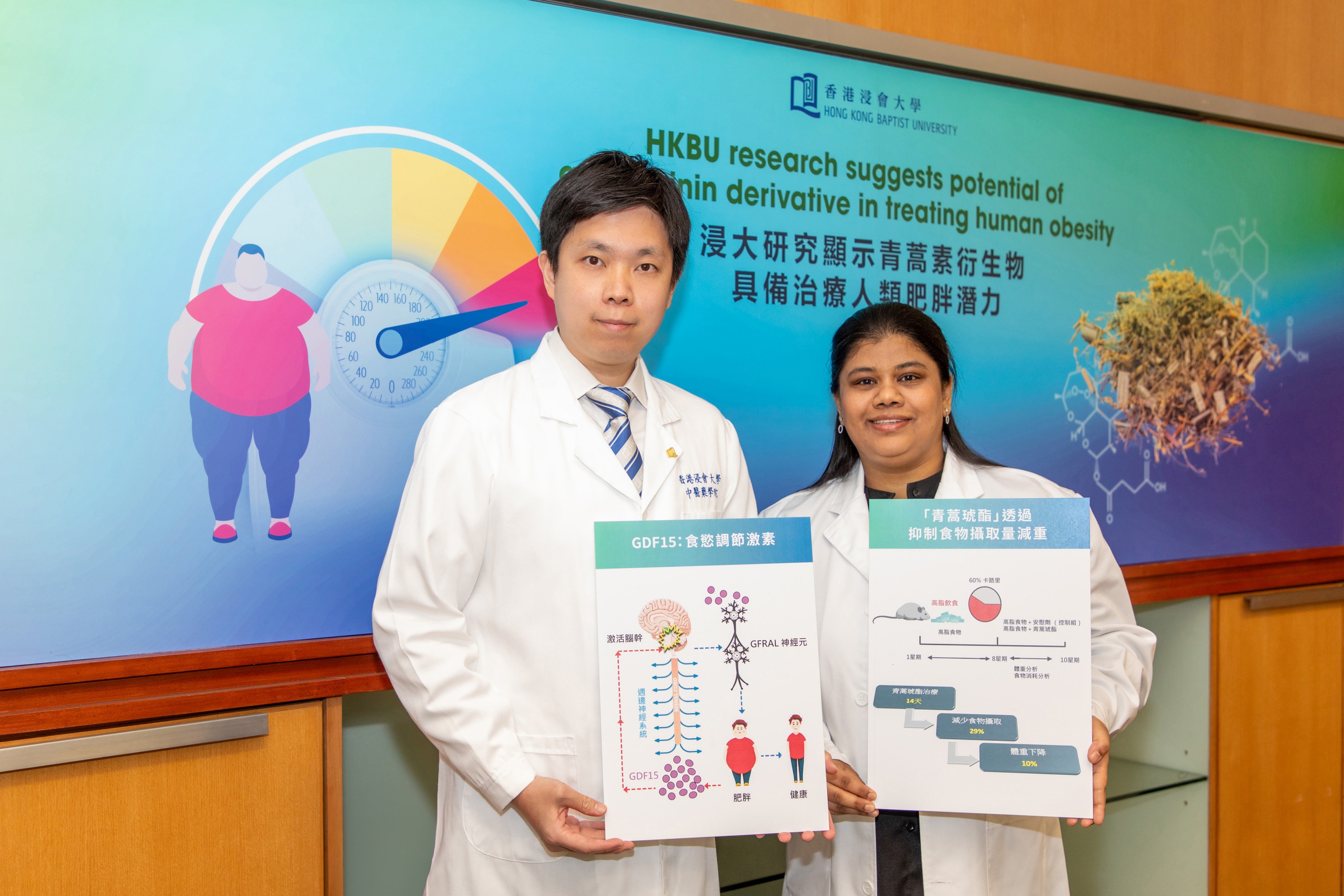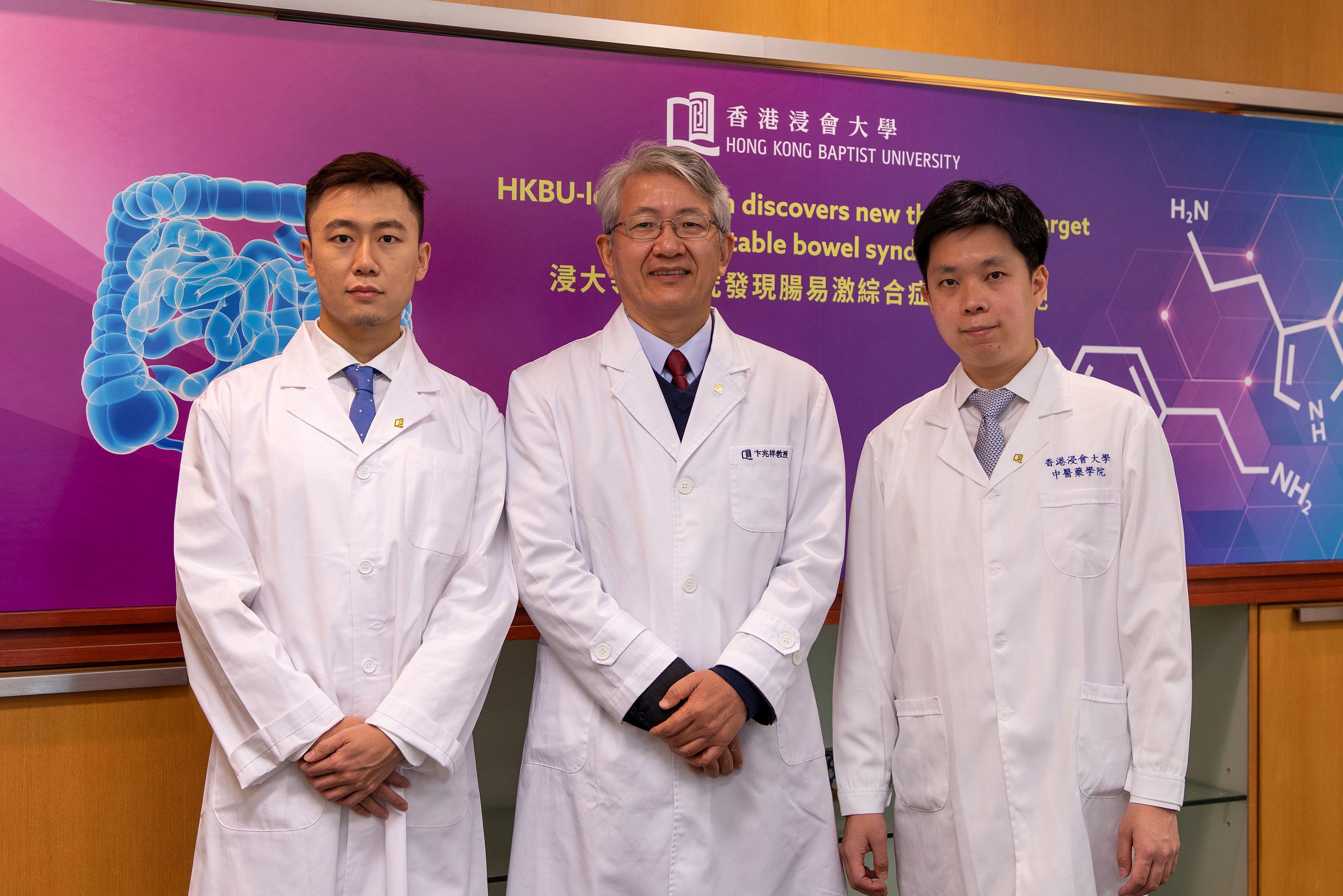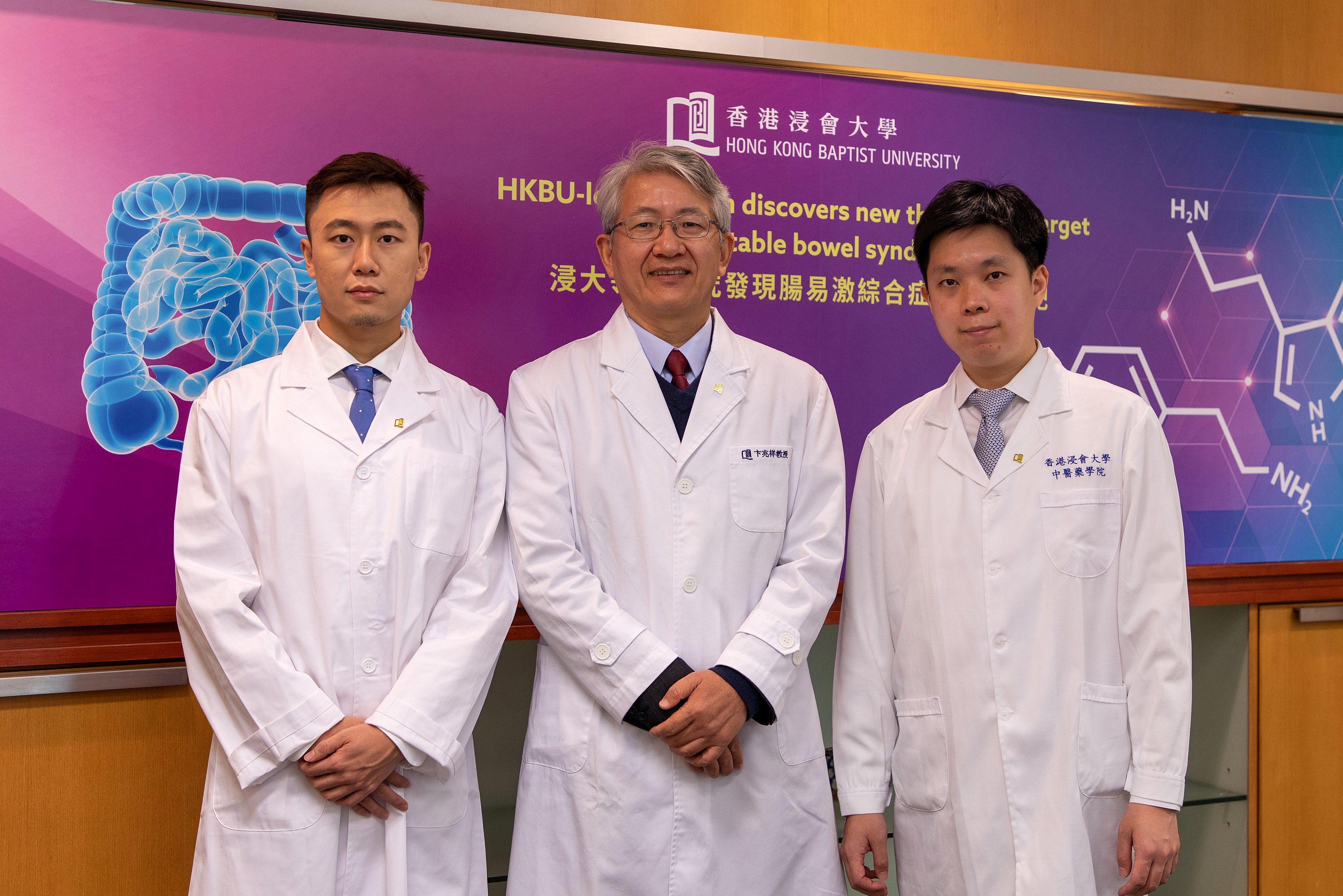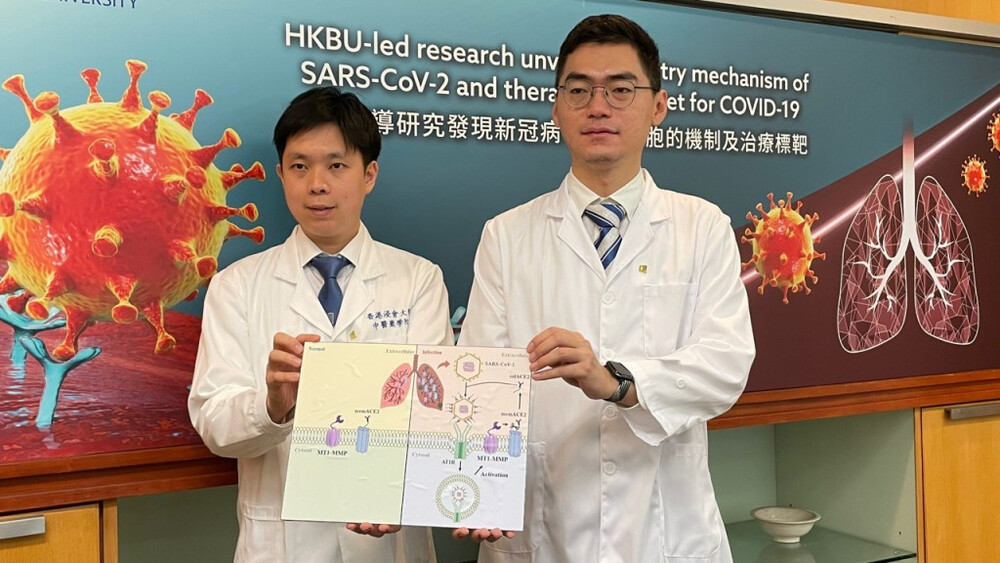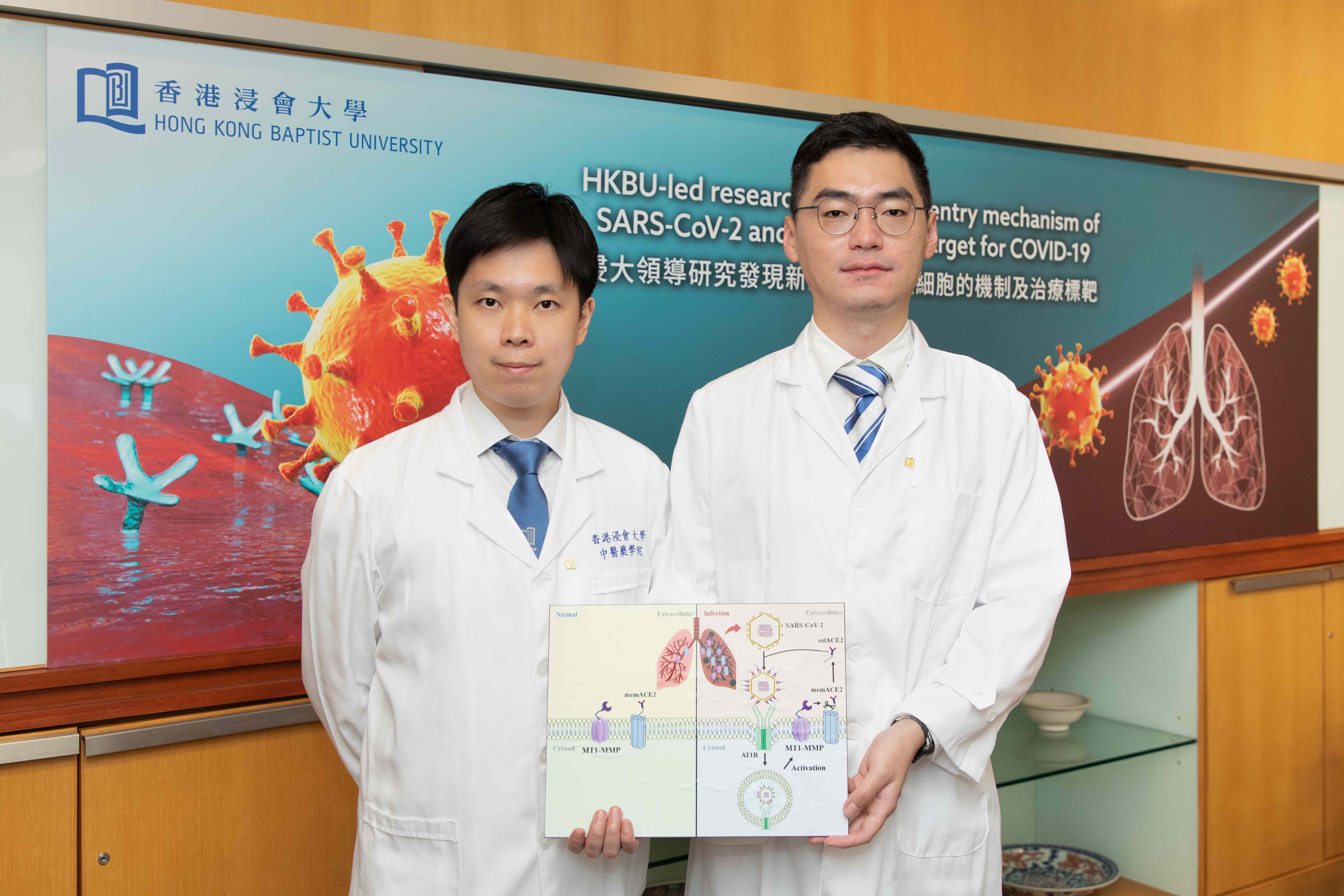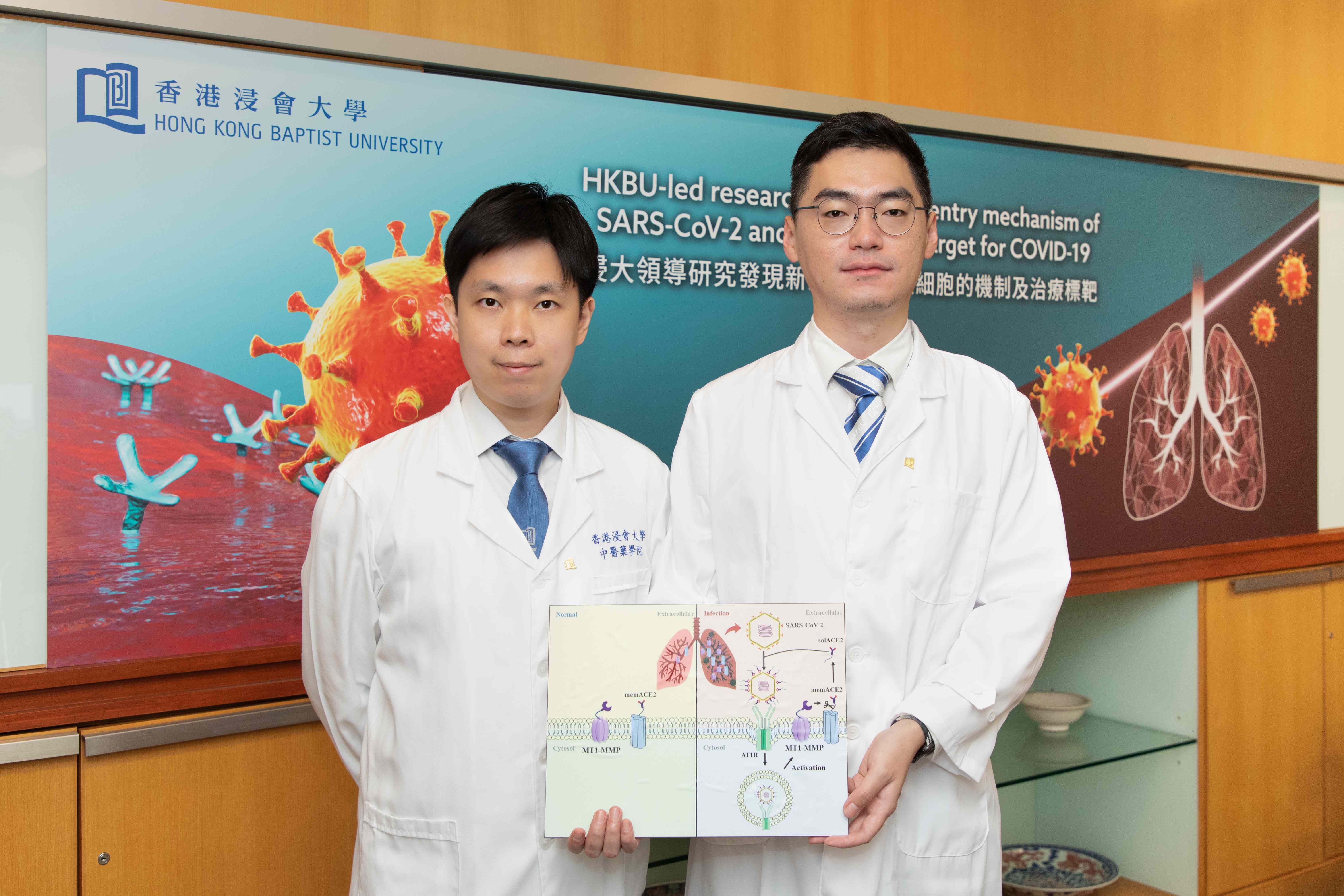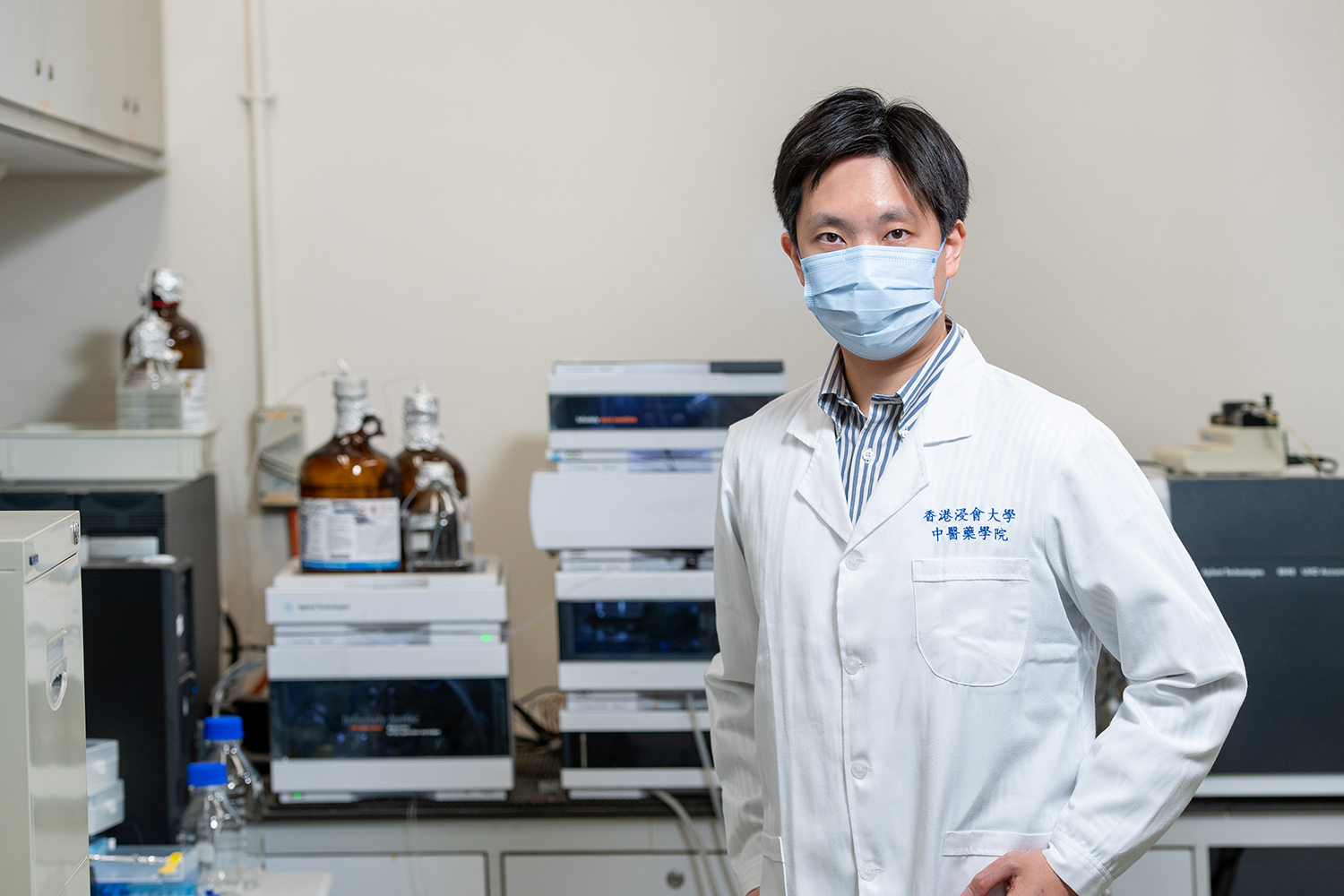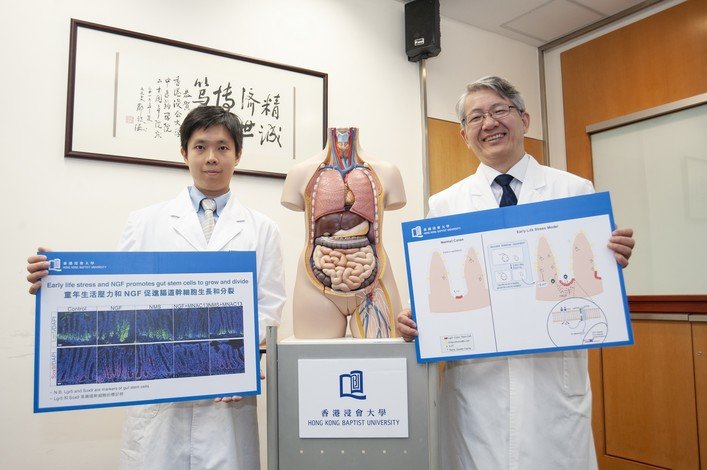A Hong Kong Baptist University (HKBU) research suggested that artesunate, a derivative from Qinghaosu (artemisinin) which is a natural product from the Chinese herb Artemisia annua, can effectively reduce body weight and improve metabolic profiles such as insulin sensitivity and cholesterol levels in obese mice and macaques, without inducing side effects of nausea and malaise. This is the first time that artesunate is demonstrated to be able to treat obesity in a non-human primate, suggesting its therapeutic potential as a drug for treating human obesity.
